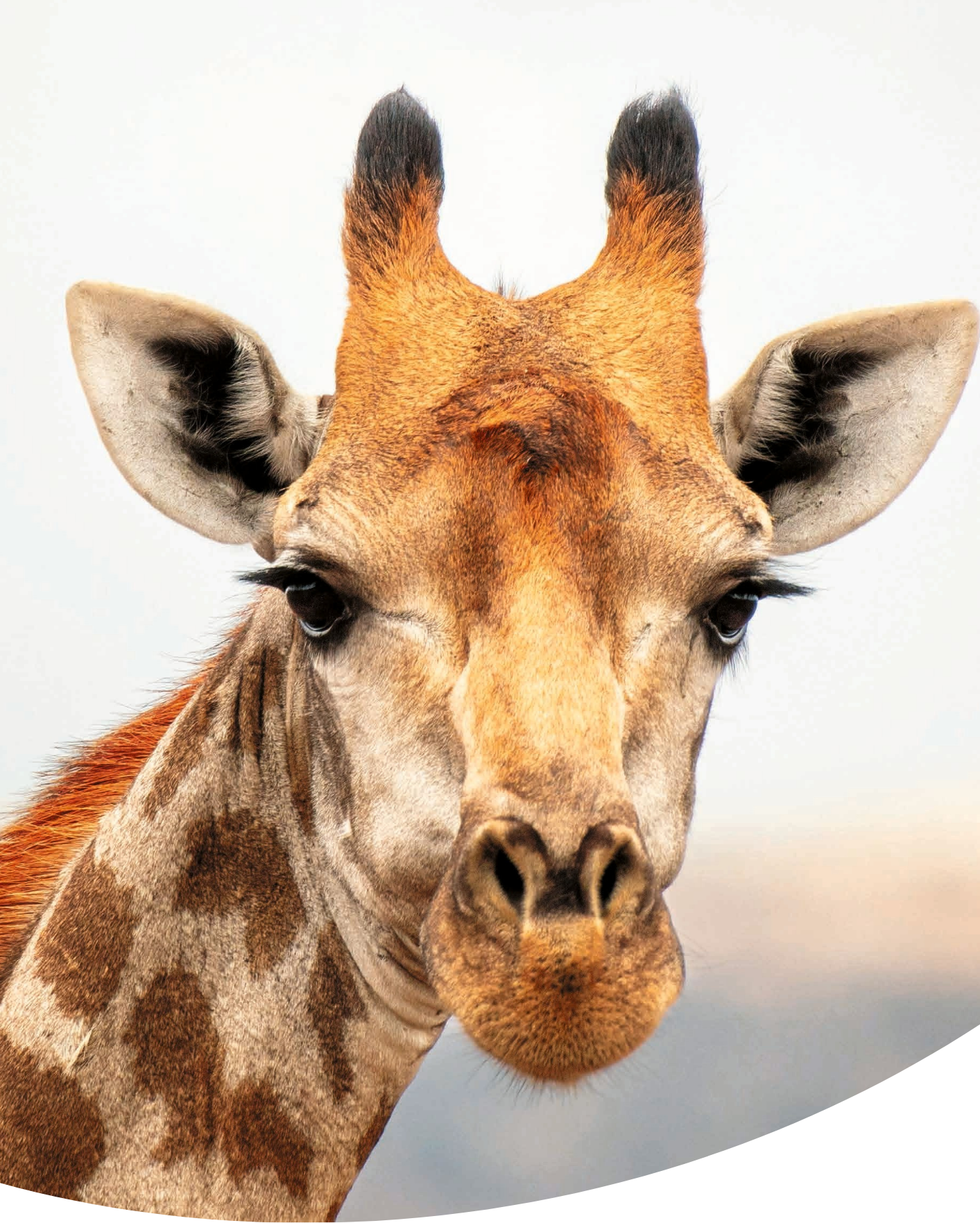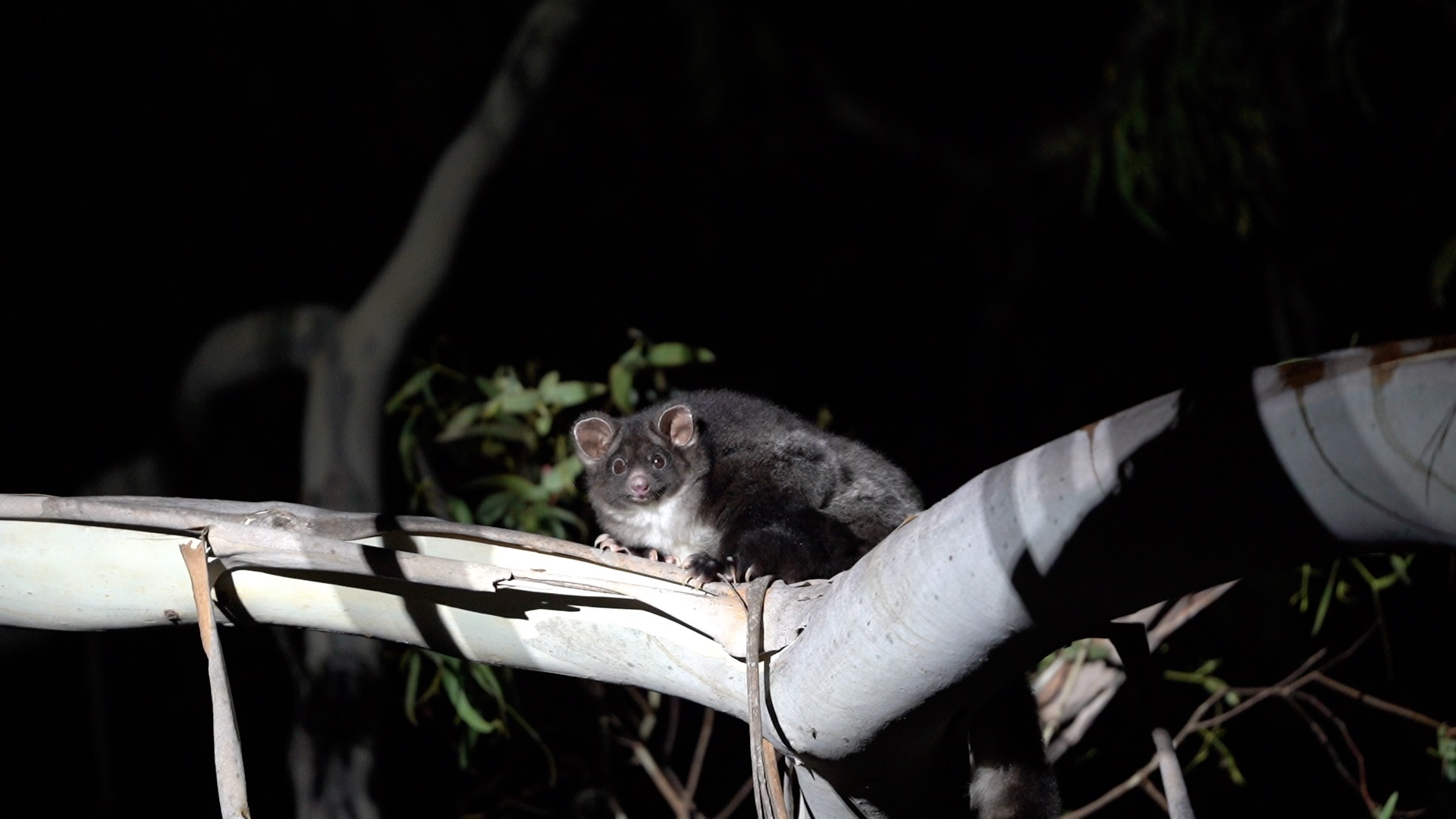Find out more about our work on federal environment reforms, the recent victory in protecting whale sharks, an update on our partner projects and lots more.
A humpback whale has been entangled in a shark net off Snapper Rocks, Gold Coast this morning. This is the first whale entanglement of the season in what has become a recurring incident during the annual whale migration. Last year saw the entanglement of six humpback whales, and today’s whale makes 78 since 2001.
In September 2020, a trial replacement of shark nets with alternatives in Queensland waters for the duration of the whale migration was recommended to the Minister for Agriculture and Fisheries, Mark Furner, by the Shark Control Program’s Scientific Working Group. The Working Group is a panel of shark experts tasked with guiding the program and providing advice to the Minister’s Office.
In July this year, Minister Furner stated publicly that removing the shark nets for the whale migration was off the table for this year despite the advice from the Shark Control Program’s Scientific Working Group. His office would not confirm if net removal during the whale migration was likely in future years.
Despite declining to remove the nets for the whale migration, Queensland’s Department of Agriculture and Fisheries (QDAF) has begun to trial non-lethal alternatives, including drones. Modern alternatives are more effective at reducing the risk of shark bite for swimmers without adding to the mounting wildlife toll.
QDAF recently announced the expansion of drone trials into Far North Queensland after successful trials in Southern Queensland and after surveys indicated strong community support for drone surveillance at beaches. With these positive results and a long list of other non-lethal alternatives to swimmer protection available to them, such as SMART drumlines, personal shark deterrents, and accessible education programs, Humane Society International (HSI) and the Australian Marine Conservation Society (AMCS) are urging the Queensland Government to heed the scientific advice and remove the nets to prevent more needless whale entanglements.
Lawrence Chlebeck, marine biologist with HSI has called for the immediate removal of the nets, saying, “They’re nothing more than a false sense of security. They don’t protect swimmers and they entangle and kill Queensland’s marine life. The Minister’s own experts advised him to remove the nets during the migration season. If he’s not heeding the advice of his experts, what exactly is his decision-making based on?”
Dr Leonardo Guida, shark scientist at AMCS said: “Humpback whale migrations happen like clockwork up and down the east coast of Australia every year. It’s incredibly frustrating seeing the same thing unfold each year when we have solutions that modernise beach safety standards and don’t put wildlife at risk. Get the nets out and the drones up.
“Entanglements are incredibly stressful for humpbacks, and can be fatal. Even if whales are successfully released, we cannot be sure of their fate because of the stress they experience. The famous east coast humpback highway shouldn’t have shark nets strewn across it.”
HSI and AMCS are currently leading a joint campaign, “Shark Champions”, to end lethal shark control measures in Queensland. The Shark Culling Impact Tracker, a tool developed by HSI and AMCS which counts marine life caught and killed in Queensland’s shark control program since 2001, is available to view at www.sharkchampions.org.au/qldsharkcull.
Images and video of a whale entanglement are available here.


